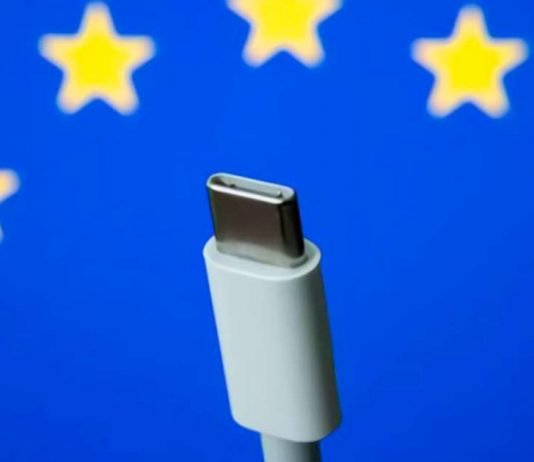The EU Parliament has come to a preliminary agreement that stipulates that small and medium-sized electronic devices, including but not limited to smartphones, must be able to be charged via USB-C from mid-2024.
Many manufacturers are already using USB-C, but not yet iPhone. So this means Apple will be forced to abandon its Lightning connector and adopt this new standard in its future devices since it will be mandatory.
As per the agreement, devices such as smartphones, tablets, earbuds (or their charging cases), digital cameras, headphones, headsets, handheld game consoles, portable speakers, laptops and e-book readers must be able to be charged via a standardized connection.
The aim of the EU is to “harmonize” fast charging technology as standardized as possible, which can allow users, regardless of the device they own, to charge at the same speed with any charger. In addition, the new rule also aims to avoid having a charger in every package of a new device in order to avoid the multiplication of electronic waste.
According to the EU Commission, the regulation could save almost 1,000 tons of electronic waste. Currently, an estimated 11,000 tons of electronic waste is generated annually from discarded and unused chargers.
